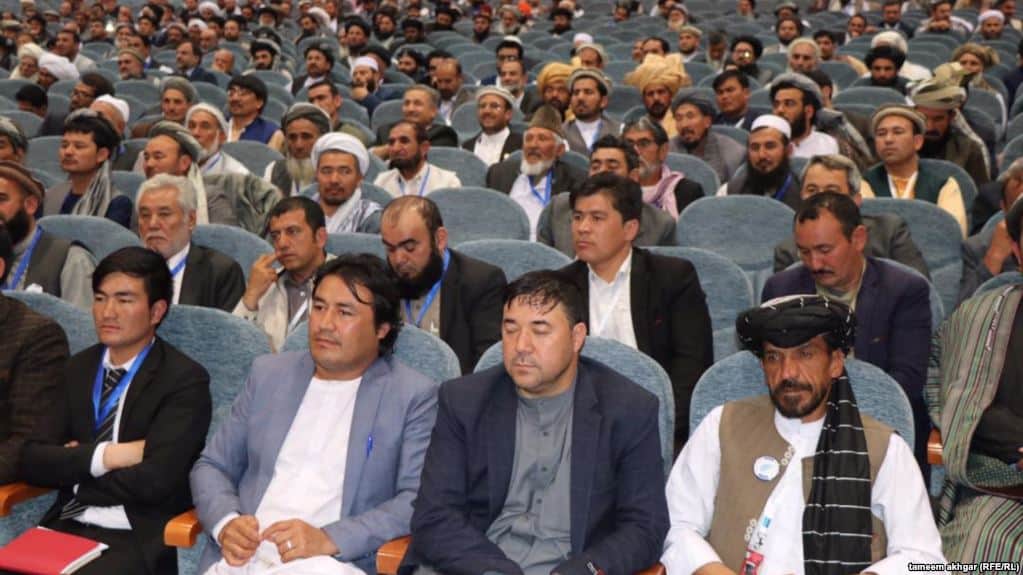
The US continues to disgrace itself by negotiating with the Taliban despite repeated Taliban humiliations of both the negotiators and the US-allied Afghan government from 2013 to the present. US negotiators have acquiesced in the Taliban’s refusal to negotiate with the Afghan government, insisting that it is a US puppet. This ignores the fact that the Taliban itself is a Pakistani puppet, without whose continuing support it would have been crushed years ago by US, NATO, and Afghan forces.
While President Trump is to be praised for wishing the US to disengage from wars not in the US national interest, no great power that wishes to be taken seriously turns its back on allies the way the US has done — both with the Kurds and with the Afghan government.
The US-Taliban negotiations have been taking place in Qatar, state sponsor of al-Jazeera and a friend to the Taliban much more than to the US and its Mideastern allies.
The US foolishly pressured Afghanistan to adopt a wholly inappropriate centralized government. The loya jirga is Afghanistan’s traditional mode of government. It’s an assembly of tribal leaders and is better matched to the country’s clans and local power bases. Zalmay Khalilzad, who is leading the US team presently negotiating with the Taliban, played a central role in pressuring Afghan leaders in adopting its present over-centralized constitution when he was US ambassador to Afghanistan under President George W. Bush. Khalilzad
oversaw the drafting of the constitution of Afghanistan, was involved with the country’s first elections and helped to organize the first meeting of Afghanistan’s Loya Jirga (traditional grand assembly). At the June 2002 Loya Jirga to select the Head of State, representatives of the US convinced the former king of Afghanistan, 87-year-old Zahir Shah, to withdraw from consideration even though a majority of Loya Jirga delegates supported him.
Wikipedia “Zalmay Khalilzad”
Several days ago the Wall Street Journal ran an excellent op ed with similar concerns to those addressed here. The authors, Hy Rothstein and John Arquilla, write:
The U.S. is trying to make peace with the Taliban, but why would a negotiating partner who is serious about peace restart the fighting? The answer is simple—the Taliban isn’t serious about peace. And why would it be? It controls more territory today than it did in 2016, the Afghan government is losing control, and the U.S. seems to want out….
What is to be done? First, the U.S. should stop direct negotiations with the Taliban. Under current conditions, negotiations won’t bring peace. Second, scrap the long-held assumption that Afghanistan can be governed by day-to-day control from Kabul. Stability and legitimacy in Afghanistan requires decentralization of security, governance, and justice structures….
The Taliban currently enjoys the luxury of seizing the military offensive and engaging in negotiations on its own terms. If Afghanistan is to be saved, the U.S. must stop coddling this terrorist organization…
In both Afghanistan and Iraq, the US foolishly wasted years of blood and treasure trying to suppress insurgencies and impose Western-style polities. In both countries, victory came early and the US should have simply exited — job done, the Taliban and Saddam Hussein both routed and overthrown. What the Afghans and Iraqis made of their liberation was their business.
The US has drawn the wrong lesson from both experiences. Neither incursion by the US was a mistake — just the foolish staying around to nation build. This has had unfortunate repercussions. Now the US is gun shy to ever intervene again outside its borders, much to the delight of Venezuela’s Maduro, the Cuban CP, and their friends in Russia and China. An intervention needn’t, and in most cases shouldn’t, be followed by nation building. In Venezuela there’s an elected parliament to take over from Maduro. There are also allied neighbors — Colombia and Brazil — that wouldn’t countenance sanctuary for armed Maduro bands as Pakistan did for the Taliban.

Leave a Reply